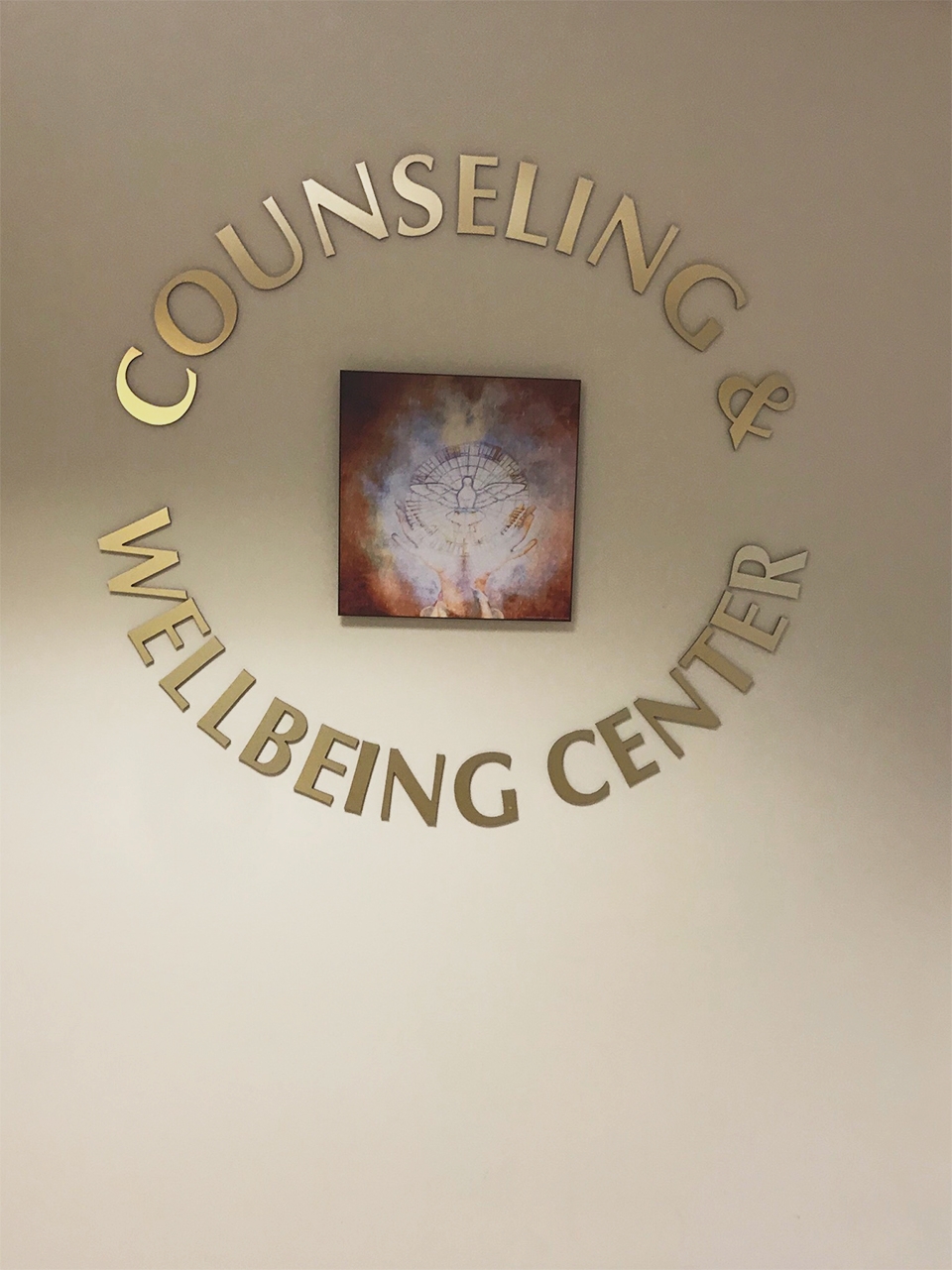
By Shivani Gosai | Student Columnist
This is an editorial piece, and the views of the writer in no way reflect the views of The Duquesne Duke, its staff, or Duquesne University.
The U.S. seems to be moving backward with an alarming upward trend in maternal mortality rates that is unusual for such a developed country.
According to a study in the Lancet Journal published on Oct. 8, the rates at which American women are dying from causes related to pregnancy or childbirth are on the rise. These rates are similar to those of maternal death in Iran, Egypt and areas in the former Soviet bloc.
In 2015, the U.S. had a maternal mortality rate (MMR) of 26.4 per 1,000 live-births, an increase from both 1990 (16.9) and 2000 (17.5), according to the Global Burden of Diseases, Injuries and Risk Factors Study.
The research for this study was conducted by the Institute for Health Metrics and Evaluation at the University of Washington. The research was funded by the Bill & Melinda Gates Foundation.
The study reports that more than 275,000 women died worldwide last year during childbirth, pregnancy or other maternity complications. Many Latin American, Caribbean, Southeast Asian and African nations had among the highest MMRs in 2015. The Central African Republic had the highest MMR in the world, at 1074.3 (per 1,000 live-births).
The statistics from this study show that there is a clear lack of help for mothers around the globe. Improving women’s access to prenatal care and contraception could help reduce maternal deaths everywhere. For a developed, leading nation like the U.S., however, we should not be seeing maternity mortality rates increase.
Several challenges lie ahead for improving reproductive health, such as accurately recording data, expanding reproductive health coverage, access to contraception, safe abortion procedures, as well as bettering many other types of obstetric care.
Limited access to health care and reproductive health services is one factor contributing to the rise of maternal deaths in the U.S. For example, Texas governor Rick Perry defunded reproductive health clinics such as Planned Parenthood in his state in an attempt to prevent abortions. This ultimately ended up doubling the rate of maternal mortality in Texas over the past four years, according to the Texas Tribune. The Supreme court overruled this law in June and successfully brought back funding. Certain cuts to Planned Parenthood and other reproductive health services aren’t completely responsible for the increasing death rate, but experts say it may have exacerbated the rise.
Racial disparities in maternity-related deaths are also significant in the U.S. According to the Am J. Public Health Journal, black women in the United States are up to three times more likely to die in pregnancy and childbirth compared to white women.
Right now, the U.S. needs to focus on improving the health of women before they get pregnant, the quality of maternal health care nationwide. Women’s reproductive rights need to be respected.
The human rights of women include their right to have control over — and decide freely and responsibly — on matters related to their sexuality, including sexual and reproductive health that is free of coercion, discrimination and violence. Certain politicians have an agenda of outlawing abortion, and because of this, women’s health rights are infringed on. This puts women at a greater risk for health complications. Women aren’t just being robbed of safe medical care, but they also are losing their resources for other basic reproductive health care such as annual exams and cancer screenings.
In order to decrease the maternal mortality rate in the U.S., we need to start advocating for our women’s health. We need to provide services necessary for a woman’s well-being throughout her entire life. This includes comprehensive sex education in our schools, domestic violence resources, affordable and reliable contraception, fertility treatments, affordable child care, safe pregnancy and maternal health care along with abortion services.
Dr. Grace Kondindo, for the Center for Reproductive Rights, said it best: “Poor women die during pregnancy and childbirth because the services they need to save their lives are too few and too far away. All women have the right to good quality health care, no matter who they are, where they live or what their economic status.”
It’s time we advocate for our women, otherwise millions of them — and their families — will unfortunately have to suffer the consequences.




